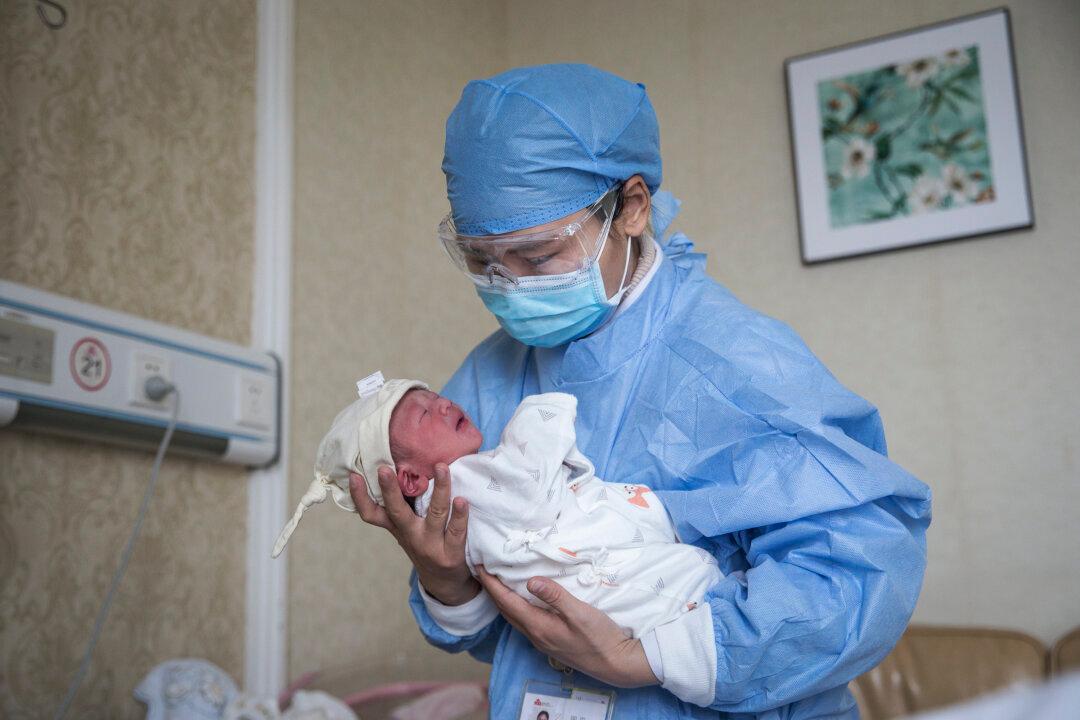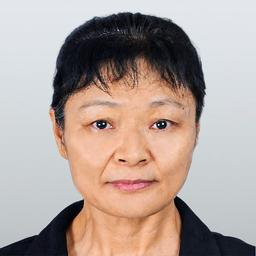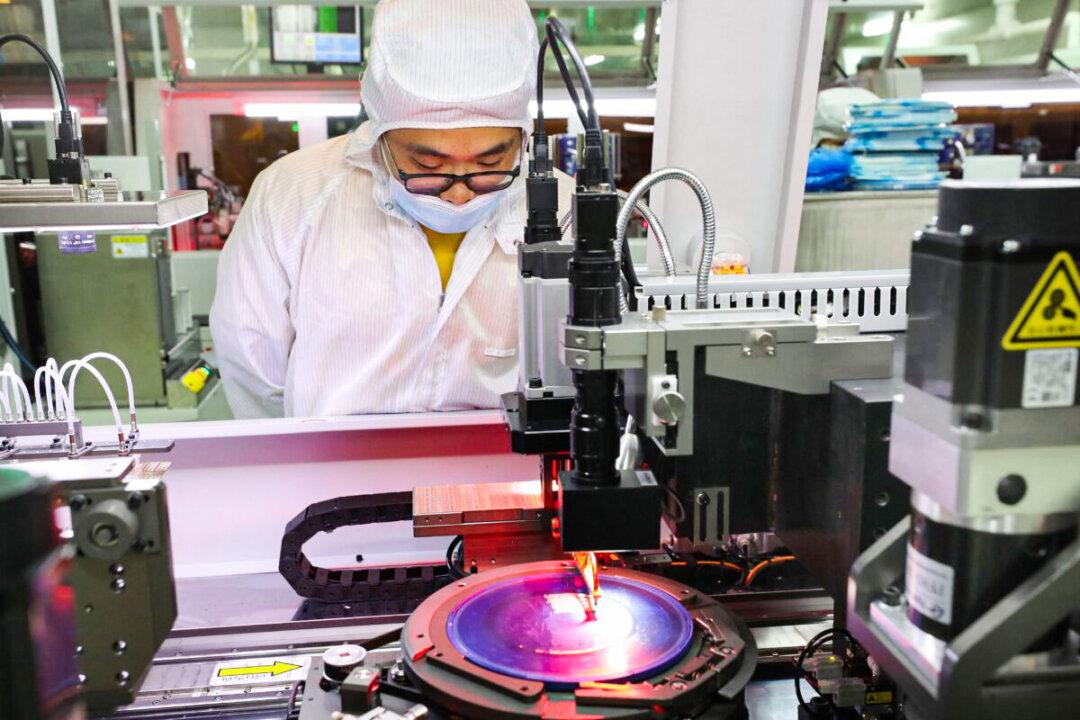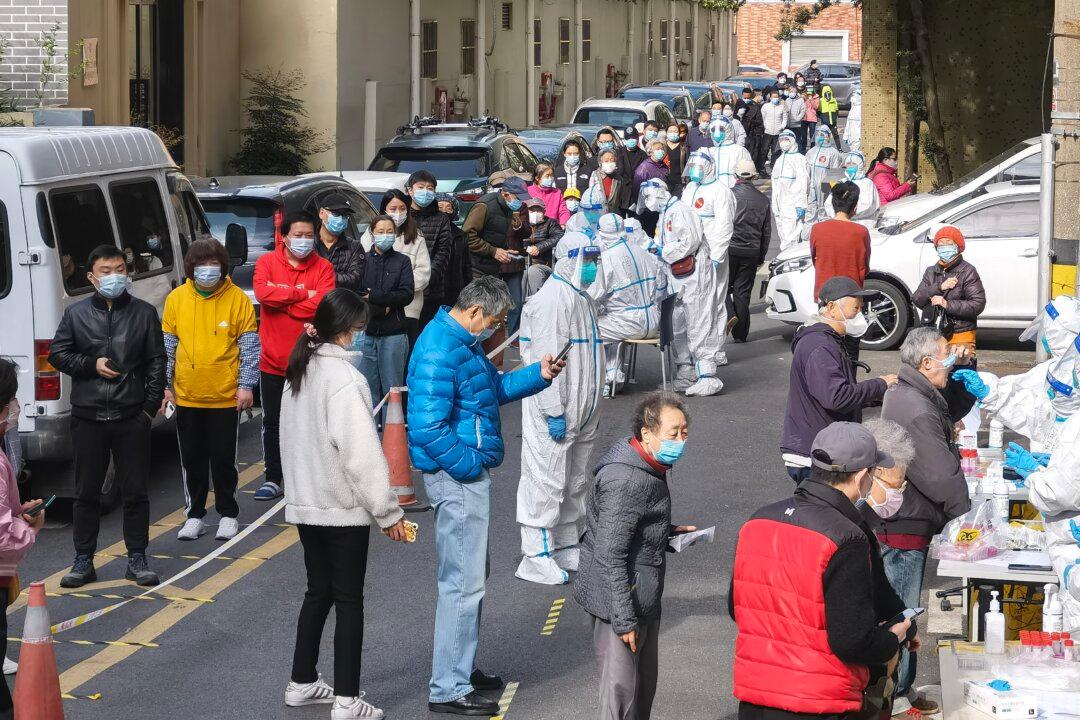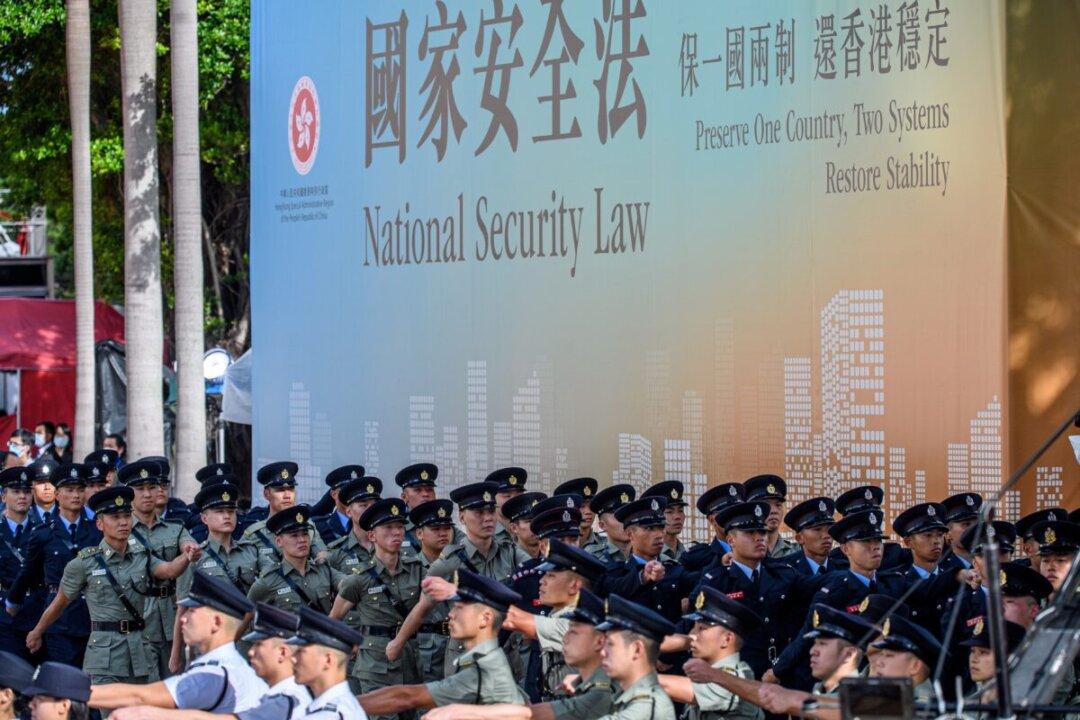With high infertility rates, China has the highest rate of assisted reproduction in the world, according to Chinese state media. Many Chinese couples who have difficulty conceiving are seeking out assisted reproductive technology, while the rich and famous opt for surrogacy.
Around the globe, more than 8 million babies have been born through IVF (in vitro fertilization) since the birth of the first “test-tube baby” in the UK on July 25, 1978. In China alone, more than 200,000 babies are born through IVF technology every year, the largest number in the world, according to Chinese state media.
